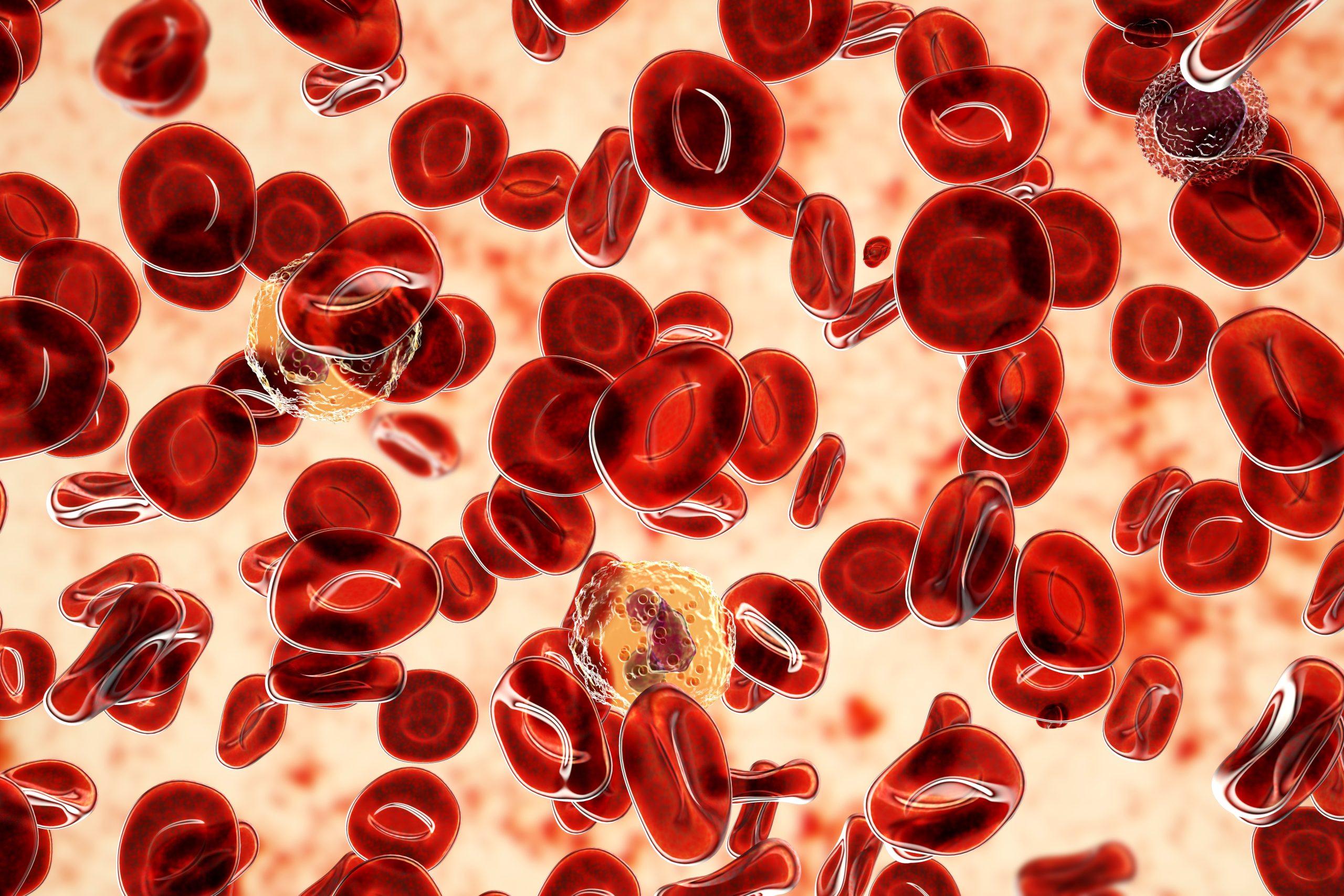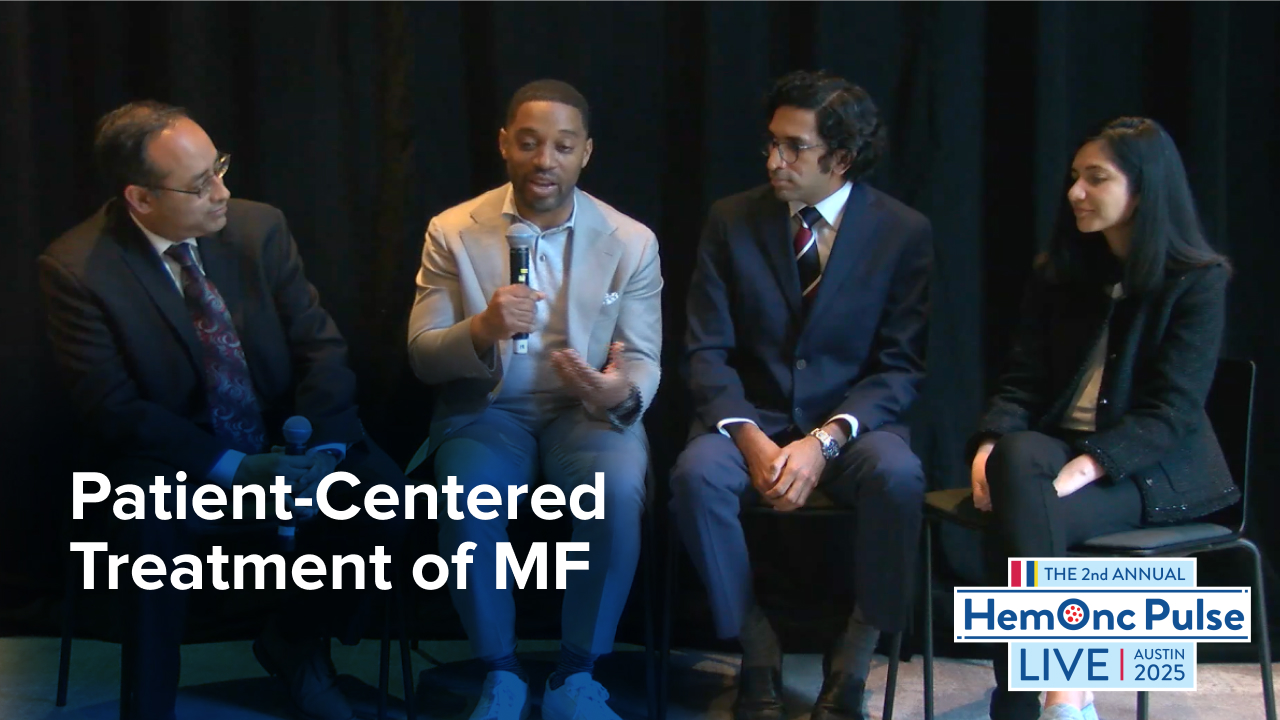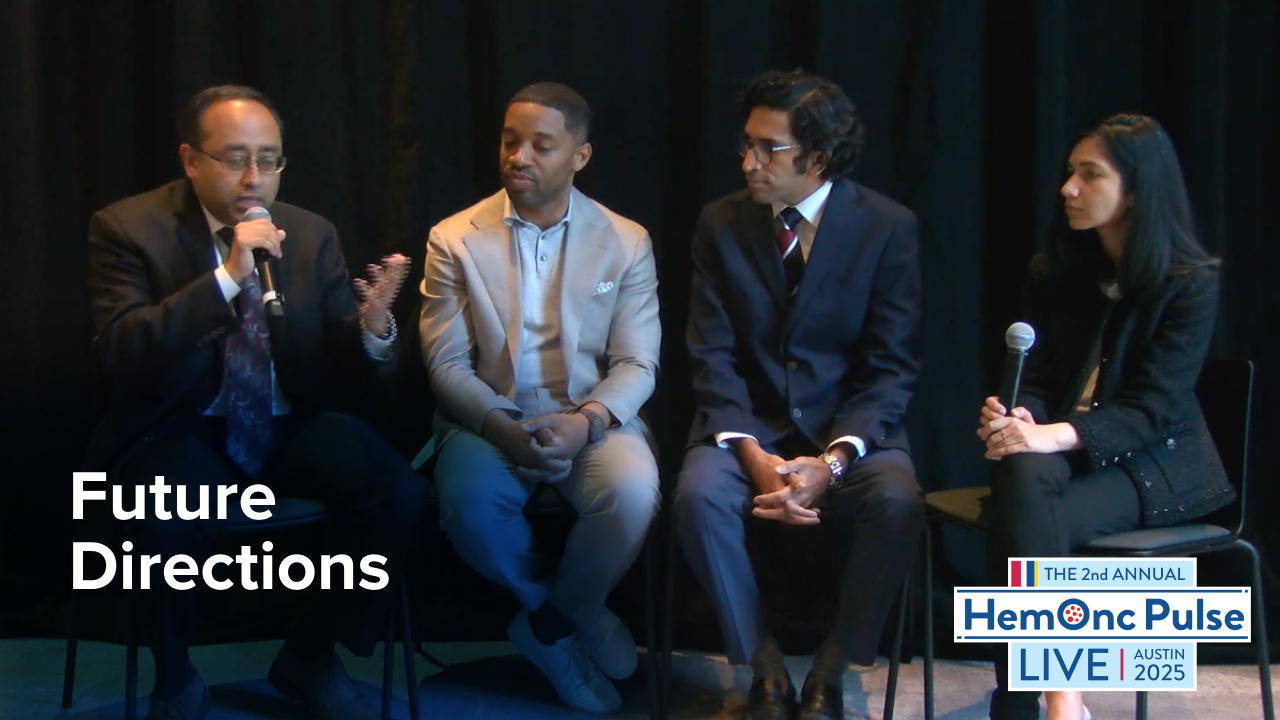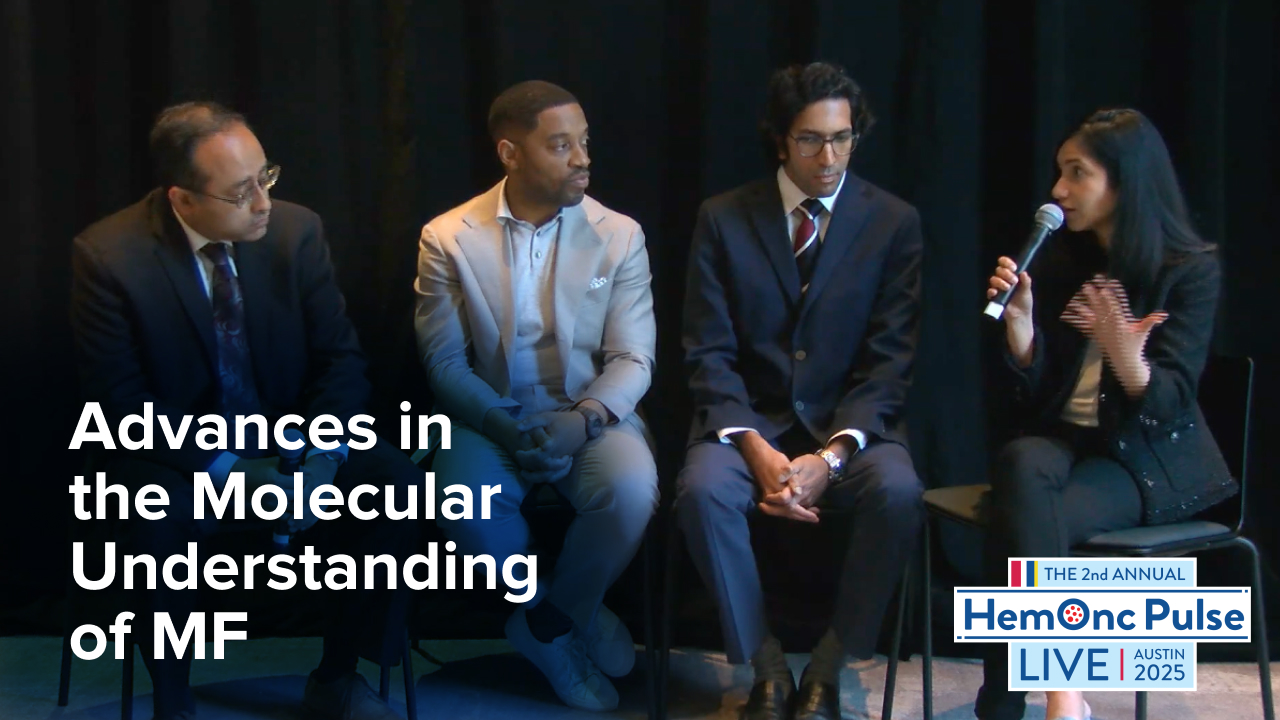
VERIFY, a phase III trial of the hepcidin mimetic rusfertide (PTG-300), is now enrolling patients with polycythemia vera (PV), according to a presentation at the 14th International Congress on Myeloproliferative Neoplasms.
The presentation was led by Srdan Verstovsek, MD, PhD, of the University of Texas MD Anderson Cancer Center.
In a previous phase II study (REVIVE), the results of which were presented at the 2021 American Society of Hematology meeting, investigators demonstrated the clinical utility of rusfertide, a potent hepcidin mimetic, as a treatment for uncontrolled PV-associated erythrocytosis. In that study, rusfertide demonstrated good tolerability and consistent and durable control of hematocrit, with improvements in iron deficiency in patients with excessive therapeutic phlebotomy (TP) needs despite standard-of-care PV therapy.
The new phase III VERIFY trial will compare the efficacy and safety of rusfertide versus placebo when added to ongoing therapy for PV, whether TP alone or in combination with concurrent cytoreductive therapy. Screening was initiated in the first quarter of 2022, with the goal of enrolling 250 patients with PV across 100 global sites.
The study is comprised of three parts. Part Ia is a 1:1 randomized, double-blind, placebo-controlled, add-on phase with parallel groups lasting 32 weeks. Part Ib is an open-label treatment phase with cross over for previous placebo-treated patients. During this phase, all patients who completed part Ia successfully will receive rusfertide for 20 weeks (weeks 32-52). Finally, part II is a long-term extension phase during which all patients who complete part Ib will continue to receive rusfertide for 104 weeks (weeks 52-156).
Inclusion criteria are:
- PV diagnosis as defined by the 2016 World Health Organization criteria with either JAK2 V617F mutation or JAK2 exon 12 mutation
- ≥3 TP in the previous six months or ≥5 TP in the previous 12 months due to inadequate hematocrit control
- A hematocrit level less than 45%, white blood cells 4-20×109/L, and platelets 100-1,000×109/L at week zero prior to randomization
- A stable PV therapy regimen in patients receiving cytoreductive therapy at randomization
- Cessation of cytoreductive therapy two to six months before screening in patients treated with TP alone
Major exclusion criteria include clinically significant thrombosis, or active or chronic bleeding deemed clinically significant by the investigator, within two months before randomization, as well as a history of invasive malignancy within the previous five years.
The primary endpoint is the proportion of patients achieving a response—defined as absence of TP eligibility—in part Ia from weeks 20 through 32.
Funding for the study is provided by Protagonist Therapeutics.
Reference
Verstovsek S, Kuykendall AT, Hoffman R, et al. VERIFY: a phase 3 study of the hepcidin mimetic rusfertide (PTG-300) in patients with polycythemia vera. Abstract #108. Presented at the 14th International Congress on Myeloproliferative Neoplasms. October 27-28, 2022.






 © 2025 Mashup Media, LLC, a Formedics Property. All Rights Reserved.
© 2025 Mashup Media, LLC, a Formedics Property. All Rights Reserved.